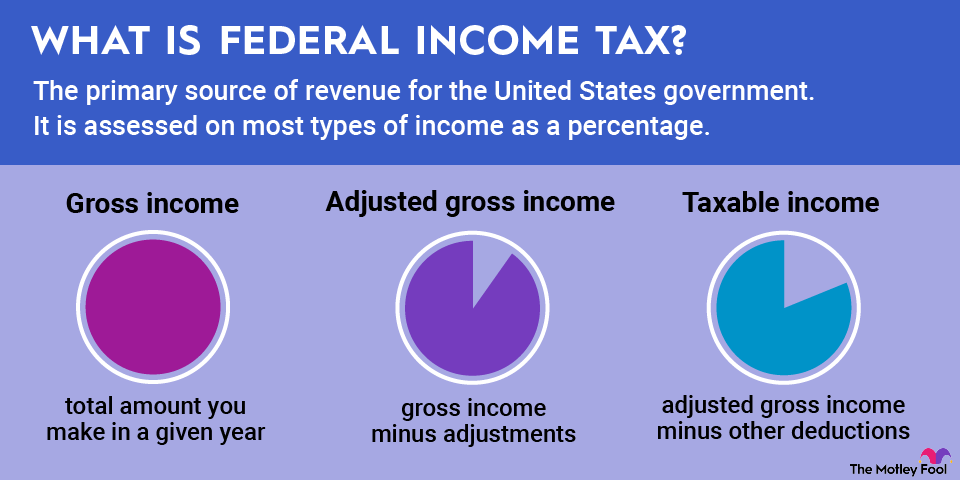Sometimes, people commit fraudulent or dubious acts. In the business world, a fidelity bond can protect companies from some of the consequences. Fidelity bonds are purchased to ensure that clients are protected against misconduct. In industries where the stakes are high, fidelity bonds act as an important hedge against losses that might be incurred by people with questionable morals.

What is a fidelity bond?
Fidelity bonds are agreements between three parties: the business (insured), the bond provider (surety), and any third parties (clients or stakeholders) that could be harmed by employee misconduct or purposeful negligence. Unlike traditional insurance policies that protect the insured party, fidelity bonds specifically cover losses suffered by others due to an employee's dishonest and or fraudulent actions.
For example, a financial advisory firm might purchase a fidelity bond to protect itself and its clients from losses if an employee embezzles funds or engages in fraud. These bonds are most prevalent in industries like finance, real estate, and healthcare, where the stakes are high and trust is paramount.
Why are fidelity bonds important?
Fidelity bonds can be important, particularly for companies that can't afford legal repercussions or financial losses. Many businesses will buy fidelity bonds for the following reasons:
Protection against employee dishonesty
Almost everyone knows about the Bernie Madoffs and Sam Bankman-Fried, but most fraud and theft occur with lower-level employees. Fidelity bonds protect businesses against financial losses caused by employee dishonesty, such as theft, fraud, and forgery. For example, if an advisor at a financial firm is secretly getting kickbacks from certain funds and financial products where they've steered clients, a fidelity bond can protect against future litigation against the company.
Building trust and regulatory compliance
Beyond financial security, fidelity bonds also build trust with clients by demonstrating a company's commitment to eliminating fraud and following ethical practices. In industries like financial services or real estate, where the stakes are high, a fidelity bond tells clients that their interests are protected. In some sectors, fidelity bonds are a regulatory requirement; not having one can carry a penalty. For example, financial firms registered with the U.S. Securities and Exchange Commission (SEC) and businesses managing retirement plans under the Employee Retirement Income Security Act (ERISA) are required to carry fidelity bonds to safeguard their clients and participants from potential mismanagement or fraud.
How to use fidelity bonds
Determine your coverage needs
Start by evaluating your business's risk exposure to decide how much coverage you need. Think about the type of assets or cash flow your company handles. A jewelry store that keeps high-value inventory on hand might require a large fidelity bond to cover potential losses from theft or fraud. An accounting firm managing client funds may need higher coverage limits compared to a small retail shop that uses a lot of cash. Tailoring the bond amount to your specific risks lets you be assured your business is adequately protected.
Choose your bond and buy it
Finding a reliable bond provider is crucial to securing effective coverage. Look for companies with experience in your industry. For instance, a financial advisory firm might prefer a provider specializing in regulatory compliance for the SEC or ERISA guidelines. Below are some common types of fidelity bonds that businesses consider buying.
Fidelity
Bond Type | What it does |
|---|---|
Employee Dishonesty Bonds | Protect businesses from financial
losses caused by theft, embezzlement, or fraud by employees. |
ERISA Fidelity Bonds | Required for businesses offering
retirement plans, these safeguard employee benefit funds against misuse. |
Business Service Bonds | Cover losses to customers due to
dishonest acts by employees performing services on-site. |
Janitorial or Service Provider Bonds | Specifically protect customers when
employees provide in-home or on-site services. |
Financial Institution Bonds | Specialized for banks and credit
unions to protect against theft, fraud, or robbery. |
Fidelity bonds can typically be purchased through insurance companies or specialty bond providers by researching providers online or asking for recommendations from industry peers and professionals. Many standard insurance agencies also offer bonds as part of their services, and they can guide you through the application process.
Regularly review your bond coverage
Your business isn't static, and your fidelity bond should reflect that. Reassess your coverage if your operations expand or evolve. For example, if you hire more employees, add new locations, or start managing larger client accounts, your risk exposure increases. A small logistics company growing into a regional distributor might need to increase its coverage to account for more employees handling cash or inventory. Regularly updating your bond ensures you stay protected as your business grows.
Related investing topics
Example: How bookkeepers embezzle
One famous case illustrating the type of situation that fidelity bonds can insure against is the case of Shirlene Childers, a bookkeeper at James, Cook, and Hobson Inc., an engineering company in Albuquerque, New Mexico. Over six years, Childers embezzled more than $1 million by writing unauthorized checks to herself and family members, disguising them as legitimate business expenses in the company's financial records.
Due to a lack of internal controls, her company was under the impression that everything was fine for years and had no idea about the financial mess that was occurring underneath their noses. Luckily, they did have a fidelity bond, so they were able to recoup some of the losses and avoid bankruptcy.
This is where fidelity bonds come into play at a crucial time. A $1 million loss for a small or medium-sized company can be absolutely cataclysmic. Just as businesses purchase insurance to hedge against risk caused by things like natural disasters or economic fluctuations, the risk of human nature sometimes needs to be hedged against as well.



















